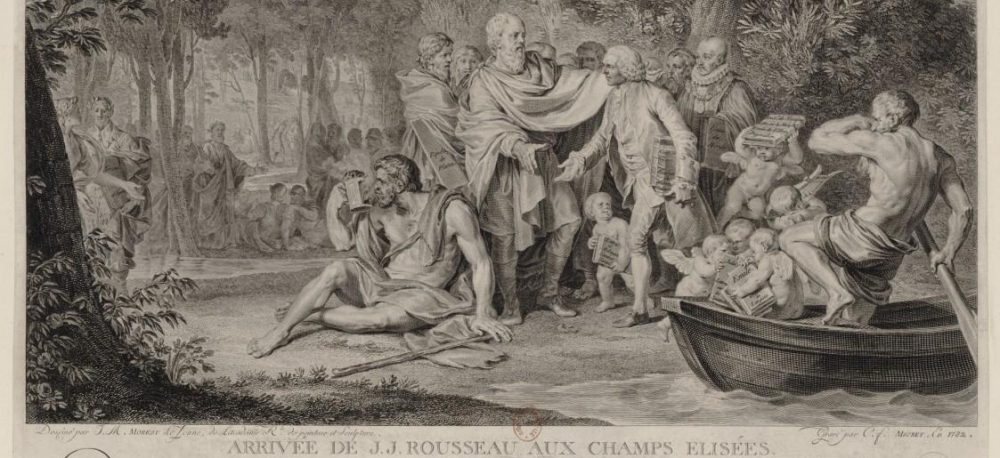The aim of this three-week seminar for University and College professors is to recover the complexity of eighteenth-century attempts to theorize the relation between the imaginary, yet very real (moral) bonds that make up a stable society, and the autonomous individual self. We will accomplish this through a close reading of texts on moral theory, politics, economy, law, and aesthetics. This seminar should appeal to scholars in history, political science, philosophy and literature. Our premise is two-fold. First, the Enlightenment science of society can be understood as a set of overlapping but sometimes contradictory attempts to ground normative arguments for individual autonomy in an evolutionary approach to the human mind and passions; to institutions and economic life; and to the forms of authority appropriate to societies in different stages of moral and material development. Second, this ambitious but incomplete set of Enlightenment projects is ripe with consequences in the twenty first century. We count more than ever on self-interest, democratic sociability, utilitarianism as well as free inquiry and debate in the public sphere to provide order in pluralistic societies such as our own; but are these classically enlightened solutions a match for the anomic forces that are destabilizing society and politics in the Western world?
This seminar will include two hour daily sessions to discuss the readings (see schedule) in the morning. We will also hold periodic seminars in the afternoon to discuss participants’ works in progress.
Sessions will be held at the Neubauer Collegium for Culture and Society at the University of Chicago.
